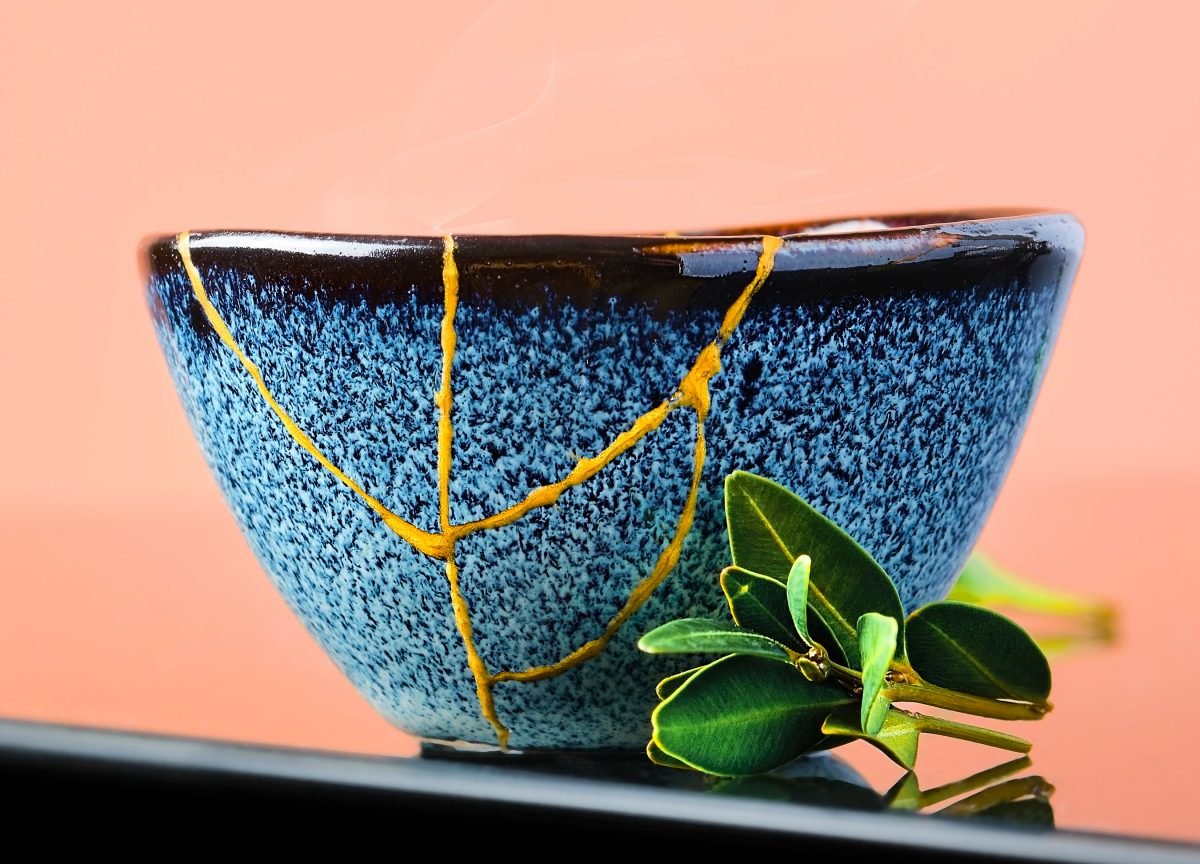By Kevin C. Taylor
(The Conversation) – The word “waste” is often frightening. People fear not making the most of their time, whether at work or at leisure, and failing to live life to the fullest.
Warnings against waste run especially deep in Japanese culture. Many Americans are familiar with the famous decluttering technique of organization guru Marie Kondo, who wrote “The Life-Changing Magic of Tidying Up.” Travelers to Japan may hear the classic expression “mottainai,” which means “don’t be wasteful” or “what a waste.” There are even gods, spirits and monsters, or “yokai,” associated with waste, cleanliness and respect for material goods.
As a scholar of Asian philosophy and religions, I believe the popularity of “mottainai” expresses an ideal more than a reality. Japan is not always known for being environmentally conscious, but its anti-waste values are deeply held. These traditions have been shaped by centuries-old Buddhist and Shinto teachings about inanimate objects’ interconnectedness with humans that continue to influence culture today.

